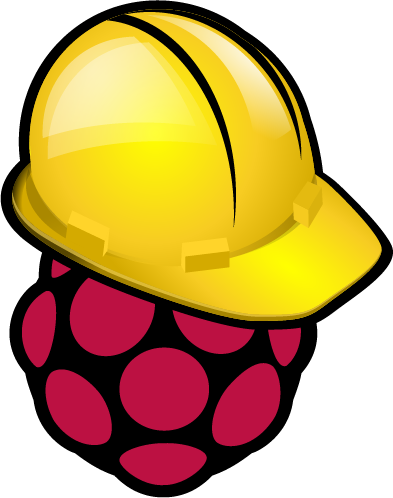Bitcoin, Security Concerns Drive Blockchain Technology Adoption
Suprising players are adopting the blockchain technology known best for Bitcoin transactions.


8 Raspberry Pi Tools That Fire Up Your Programming Skills
8 Raspberry Pi Tools That Fire Up Your Programming Skills (Click image for larger view and slideshow.)
Blockchain technology has been quietly advanced on tech fronts recently by some heavy hitters. What they have been up to is now coming to light.
By the way, if you don't understand this stuff yet (yeah, that's just for Bitcoin miners. Not.), get to it. It's coming toward the mainstream fast.
IBM has introduced a protocol for smart contracts that is based on the underlying blockchain technology. IBM is also trying to get the same tech to work with currencies besides Bitcoin.
Wikipedia's definition of blockchains is complete and to the point, "A block chain or blockchain is a distributed database that maintains a continuously growing list of data records that are hardened against tampering and revision, even by operators of the data store's nodes."
Note that continuous growing part, it gets important later.
There are two kinds of records: transactions and blocks. Transactions are the actual data stored in the blockchain, and blocks are records that confirm when and in what sequence certain transactions became journaled as a part of the blockchain database.
So, creating blocks that validate transaction records is what "miners" do. Why do they do it? Because there are economic rewards usually associated in the blockchain implementation with the creation of validation blocks. The creators get paid somehow.
How might one participate in this rewarded computing behavior? Glad you asked.
A company named 21 Inc. has just hung a Bitcoin bag on the side of a Raspberry Pi 2 computer, and is now taking pre-orders on Amazon for a Nov. 16 ship date.
They claim that on the Amazon page that "The 21 Bitcoin Computer is the first computer with native hardware and software support for the Bitcoin Protocol."
Gee, I'll tell those ASIC-computer based Bitcoin miners in the glass towers of Hong Kong the news. Software can run faster if you put it in hardware sometimes, you know.
Anyway, 21 is proud to let you know that, "The 21 Bitcoin Computer was produced with funding from Qualcomm, Cisco, and Andreessen Horowitz." Also, Larry Summers the former Secretary of the Treasury and President Emeritus of Harvard has nice things to say about 21 on the page.
[8 Raspberry Pi Tools That Fire Up Your Programming Skills]
Major hitters are behind this, and they think this puppy is a good idea.
But grandiose statements like, "Developers use the 21 Bitcoin Computer to quickly make any app, service, or device Bitcoin-payable," do not help their credibility.
Any app, service or device? Quickly? Really? Wow.
I would have to really test that statement out before I could accept it.
The really good idea, though, is that they are trying to be the Square credit card reader for the Bitcoin folks. There is a need for a reliable small-scale Bitcoin implementation, which is currently an underserved market.
"In terms of physical goods," 21 says on the Amazon page, "you can also use the 21 Bitcoin Computer to rent out any internet-accessible device on a per-use basis. For example, you can allow people to submit jobs to printers and 3D printers for bitcoin, or set up a smart lock that accepts bitcoin to open a door."
Just dropping it unannounced on Amazon shows that there is some real confidence behind this introduction.
Whether or not the marriage of a Raspberry Pi 2 and their chip can do what is needed to do in order to fulfill the claims 21 makes for it remains to be seen.
About the Author
You May Also Like






